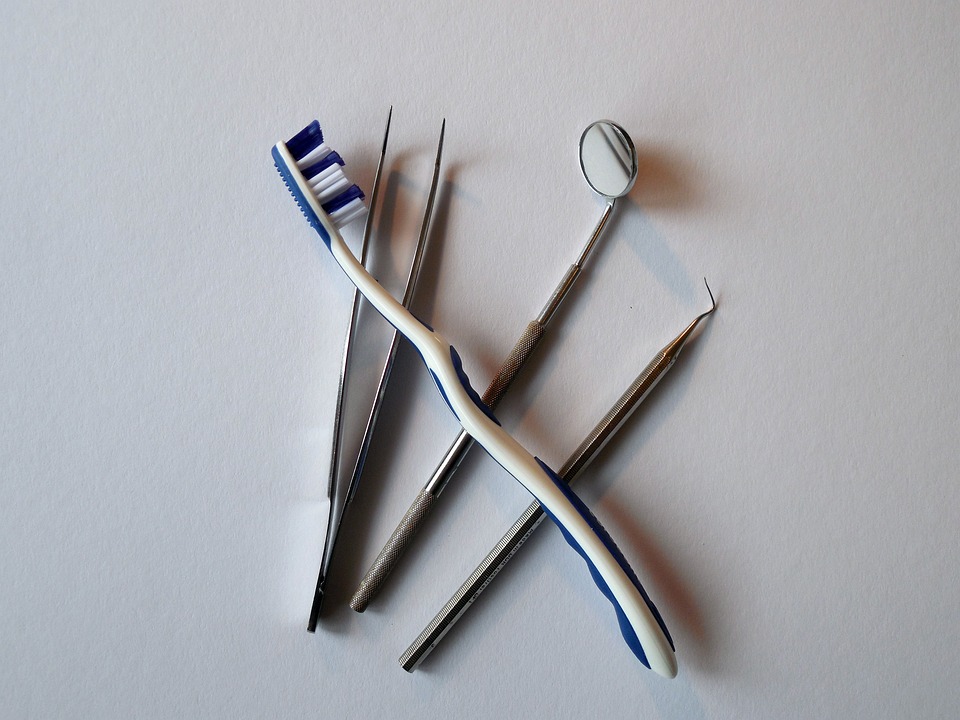The Surprising Link Between Your Toothbrush and Overall Health
When it comes to maintaining good oral hygiene, most of us know the importance of brushing our teeth regularly. But did you know that your toothbrush plays a significant role in your overall health as well? In this article, we will explore the surprising link between your toothbrush and your overall well-being.
The Importance of a Clean Toothbrush
Your toothbrush is your primary tool for keeping your teeth and gums healthy. However, if not properly taken care of, it can become a breeding ground for bacteria, mold, and other harmful microorganisms. These can lead to various health issues, both oral and systemic.
1. Oral Health: When you brush your teeth, your toothbrush captures not only the food particles and plaque from your mouth but also bacteria, viruses, and fungi that reside there. If left on the bristles, these microorganisms can multiply and reintroduce themselves into your mouth, potentially causing gum disease, tooth decay, bad breath, and other oral health problems.
2. Respiratory Infections: The connection between your toothbrush and respiratory health might surprise you. Bacteria that accumulate on your toothbrush can find their way into your respiratory system when you breathe or cough. This can lead to respiratory infections, such as pneumonia and bronchitis, especially in individuals with weakened immune systems.
3. Cardiovascular Health: Emerging research suggests a possible link between poor oral hygiene and cardiovascular diseases. The bacteria present in gum disease, which can be transferred to your toothbrush, may enter your bloodstream through small cuts or sores in your mouth. These bacteria can then contribute to the development of heart disease, stroke, and other cardiovascular conditions.
Proper Toothbrush Care
Now that you understand the potential health risks associated with an unclean toothbrush, it’s crucial to adopt proper toothbrush care habits. Here are some guidelines to help you maintain a clean toothbrush:
1. Rinse after Use: After brushing your teeth, thoroughly rinse your toothbrush with tap water to remove any remaining toothpaste, debris, and bacteria.
2. Store it Upright: Allow your toothbrush to air dry in an upright position. This prevents moisture buildup, which can encourage the growth of bacteria and mold.
3. Avoid Sharing: It’s important to keep your toothbrush separate from others to prevent cross-contamination of oral bacteria. This includes not sharing toothbrushes even with family members.
4. Replace Regularly: Toothbrushes wear out over time, and their effectiveness decreases. Replace your toothbrush every three to four months or sooner if the bristles become frayed or worn.
5. Keep it Covered: When traveling or storing your toothbrush, use a toothbrush cover or a case to protect it from outside bacteria and airborne particles.
FAQs (Frequently Asked Questions)
Q: How often should I replace my toothbrush?
A: It is generally recommended to replace your toothbrush every three to four months or sooner if the bristles become frayed. This ensures optimal cleaning efficiency and prevents the accumulation of bacteria.
Q: Can I use a toothbrush with soft bristles?
A: Yes, using a toothbrush with soft bristles is recommended by dental professionals. Soft bristles effectively clean your teeth and gums without causing damage to the enamel or irritating your gums.
Q: Should I clean my toothbrush?
A: Yes, it’s essential to clean your toothbrush properly after each use. Thoroughly rinse it with tap water to remove any residue and bacteria. Avoid using disinfectants or boiling water as they can damage the bristles.
Q: Can I get sick from using someone else’s toothbrush?
A: Sharing toothbrushes can lead to the transfer of oral bacteria, increasing the risk of infections and diseases. It’s best to avoid sharing toothbrushes, even with family members.
Q: Are electric toothbrushes more effective than manual ones?
A: Electric toothbrushes can provide a more thorough and consistent clean due to their oscillating or vibrating brush heads. However, both electric and manual toothbrushes can effectively remove plaque when used correctly.
For more information on maintaining good oral health and the surprising link between your toothbrush and overall well-being, check out this informative article.




